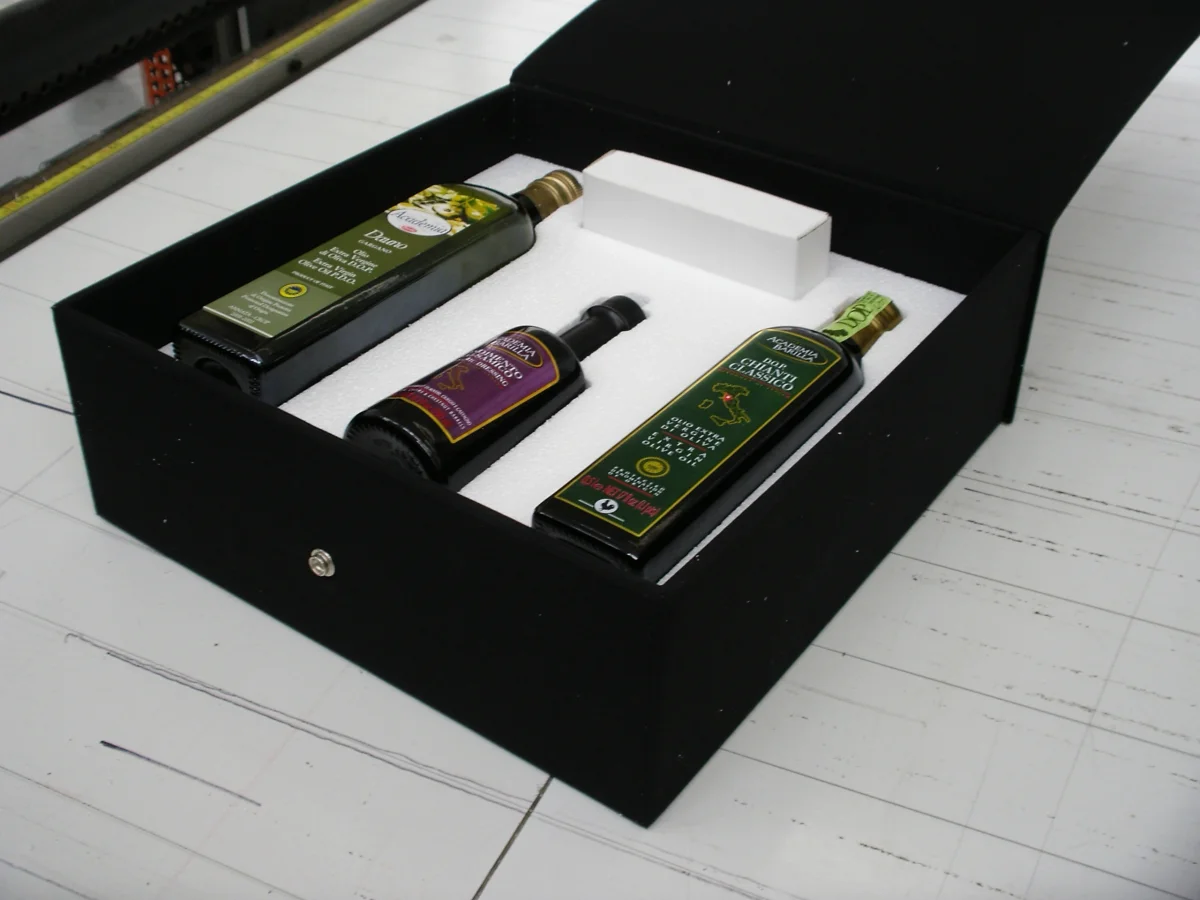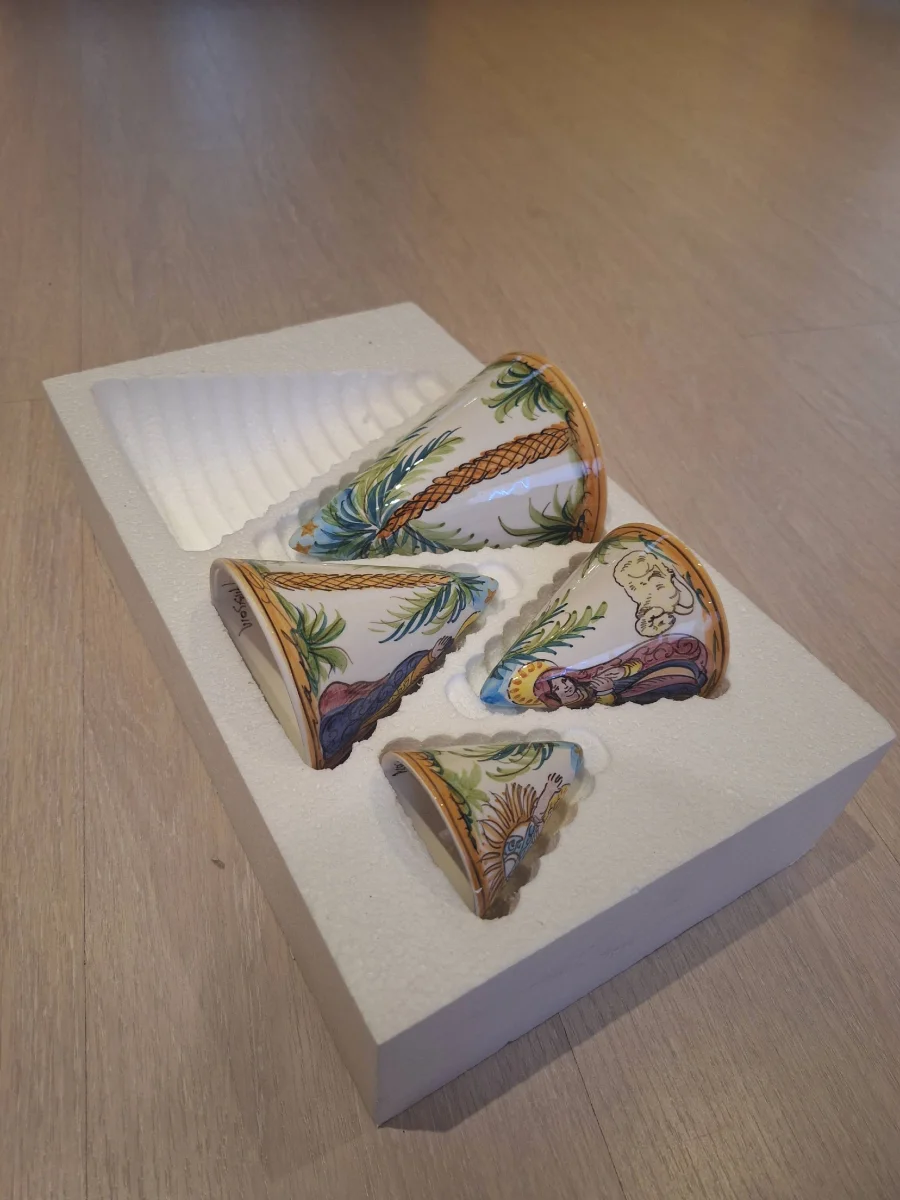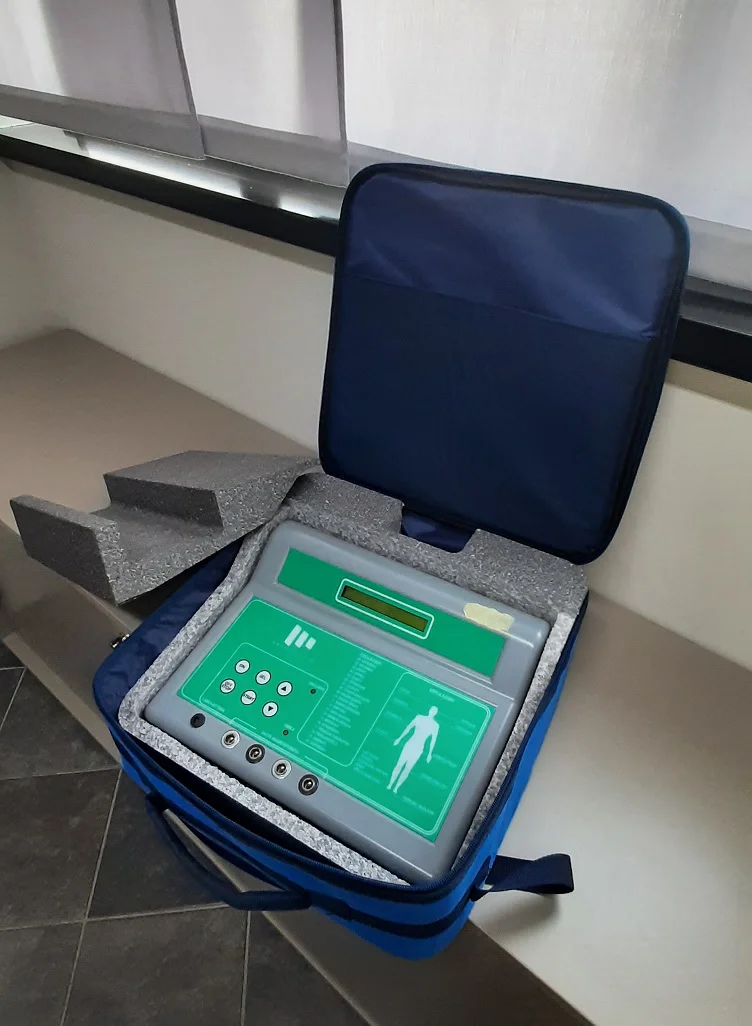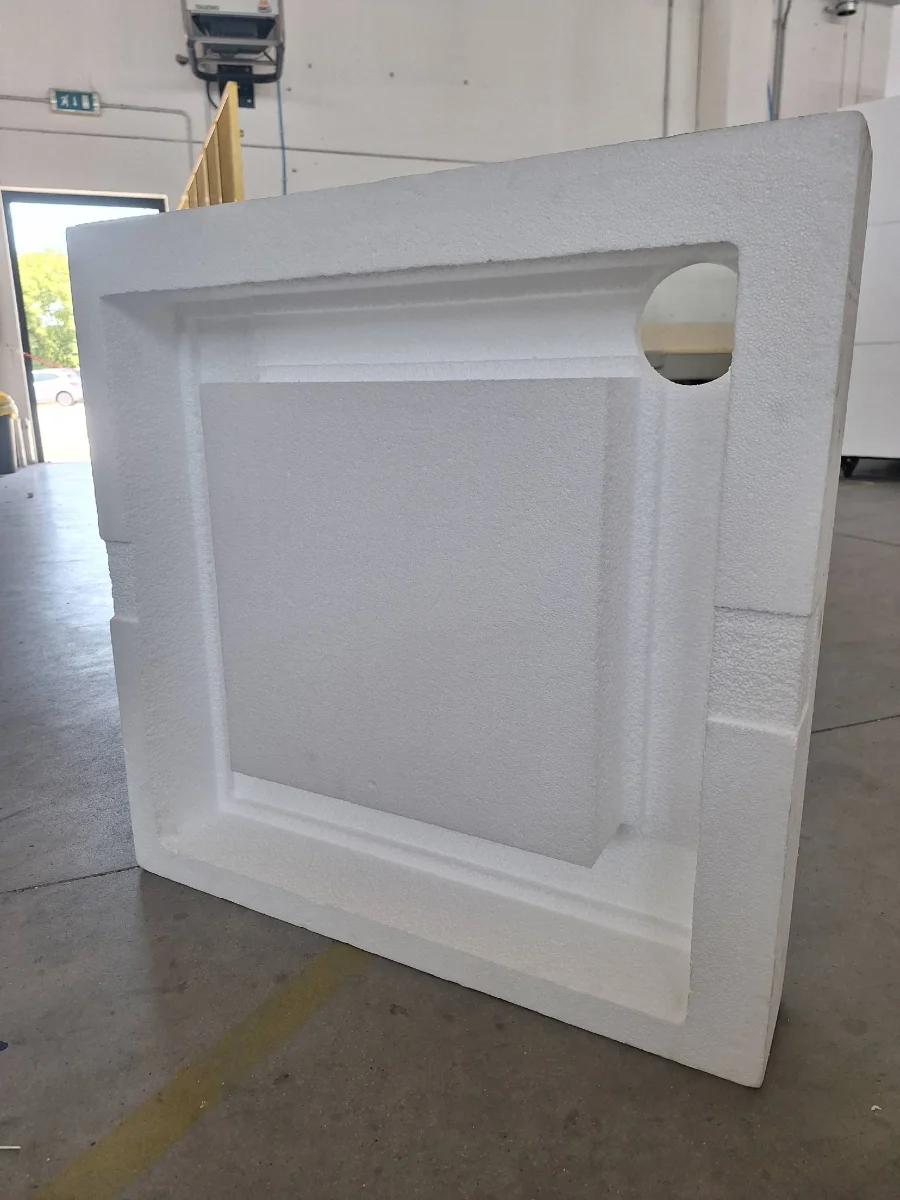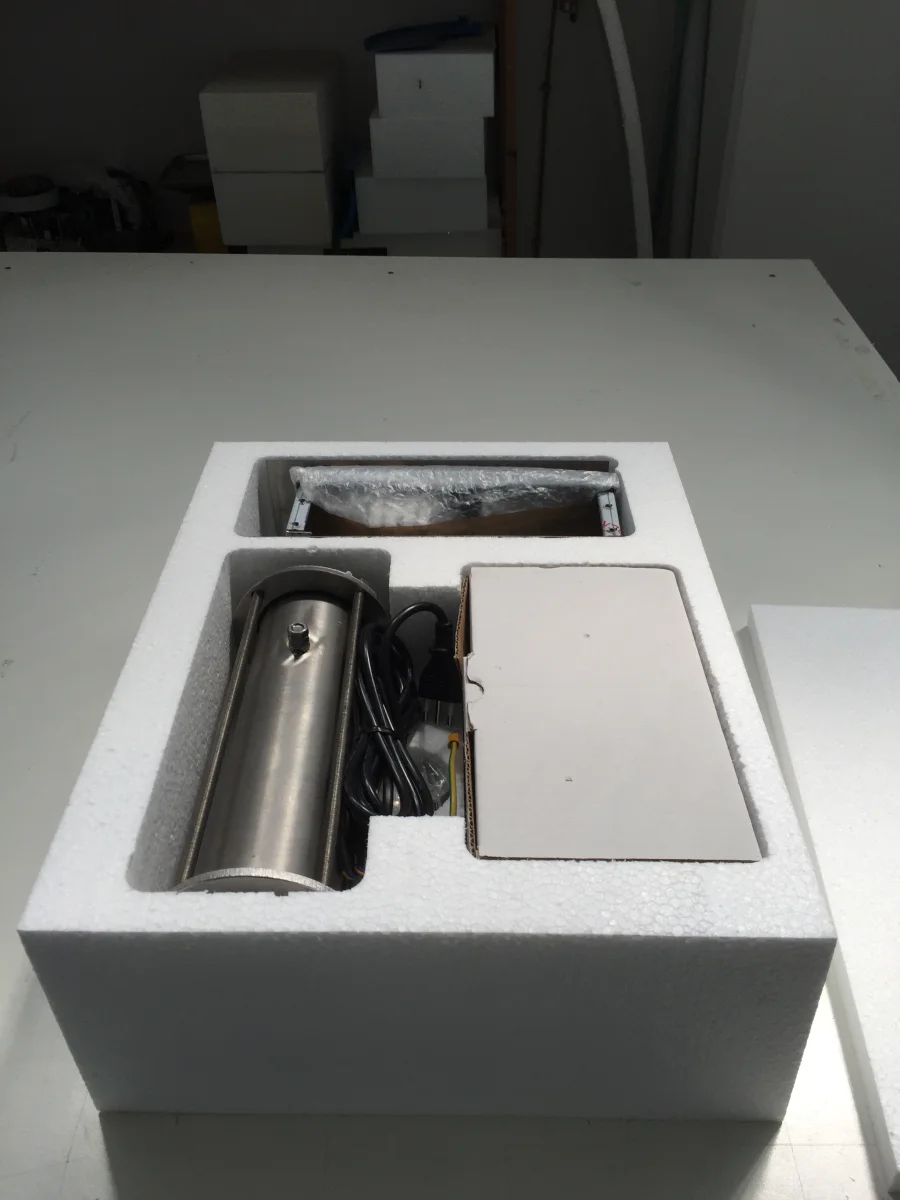Packaging Sectors
Floating panels
EPS panels for hydroponic cultivation with through holes for plant support
Hydroponic cultivation is an innovative and efficient system that allows plants to grow without the use of soil, using a nutrient solution dissolved in water.
One of the key elements of this technique is the use of polystyrene panels that offer numerous advantages in terms of support, insulation and practicality.
Characteristics of polystyrene panels for hydroponics
Lightweight and buoyant material – Styrofoam is ideal because it is water resistant, insulating and light enough to float without sinking.
Through-holes for plants – The panels have holes into which pots or cubes of substrate (such as rock wool or pressed peat) are inserted, allowing the roots to extend into the water below.
Variable dimensions – They can be customized according to the needs of the cultivation, both for small domestic systems and for large industrial greenhouses.
Durability and resistance – They resist humidity for a long time and can be reused several times with proper cleaning.
Benefits of using polystyrene panels
Greater control of nutrients – The roots receive exactly the nutrients they need, without leaking into the soil.
Reduced water consumption – Water is recycled in the system, minimizing waste compared to traditional cultivation.
Faster plant growth – The roots constantly receive oxygen and nutrients, promoting faster and more uniform growth.
Root protection – The panel shields the root zone from light, preventing the proliferation of algae in the water.
Applications in Hydroponic Systems
They are ideal for systems such as deep water culture and floating raft, perfect for growing lettuce, basil and other fast-growing plants.
In conclusion, polystyrene panels represent an efficient and sustainable solution for hydroponic cultivation, optimizing agricultural production with fewer resources and greater yield.
One of the key elements of this technique is the use of polystyrene panels that offer numerous advantages in terms of support, insulation and practicality.
Characteristics of polystyrene panels for hydroponics
Lightweight and buoyant material – Styrofoam is ideal because it is water resistant, insulating and light enough to float without sinking.
Through-holes for plants – The panels have holes into which pots or cubes of substrate (such as rock wool or pressed peat) are inserted, allowing the roots to extend into the water below.
Variable dimensions – They can be customized according to the needs of the cultivation, both for small domestic systems and for large industrial greenhouses.
Durability and resistance – They resist humidity for a long time and can be reused several times with proper cleaning.
Benefits of using polystyrene panels
Greater control of nutrients – The roots receive exactly the nutrients they need, without leaking into the soil.
Reduced water consumption – Water is recycled in the system, minimizing waste compared to traditional cultivation.
Faster plant growth – The roots constantly receive oxygen and nutrients, promoting faster and more uniform growth.
Root protection – The panel shields the root zone from light, preventing the proliferation of algae in the water.
Applications in Hydroponic Systems
They are ideal for systems such as deep water culture and floating raft, perfect for growing lettuce, basil and other fast-growing plants.
In conclusion, polystyrene panels represent an efficient and sustainable solution for hydroponic cultivation, optimizing agricultural production with fewer resources and greater yield.

The packaging of
polystyrene foam is:
- Impact-resistant, having an excellent energy-absorbing capacity
- Lightweight, for easy handling and lower transport costs
- Stackable, due to its good compressive strength
- Insulating, therefore ideal for protecting electronic equipment and food products
- Hygienic, because, due to its closed-cell structure, germs do not find nourishment in it
- Tailor-made, guaranteeing maximum protection of packaged products
- Environmentally friendly and recyclable
- No ozone-depleting chloroflurocarbons are used in the production of EPS
- Polystyrene packaging uses less than 0.1% of oil production.
- The production of EPS has a lower environmental impact than other packaging materials in terms of air pollution, energy used, water pollution and global warming, and ensures the end user has less waste by weight
- EPS packaging is recycled worldwide.
